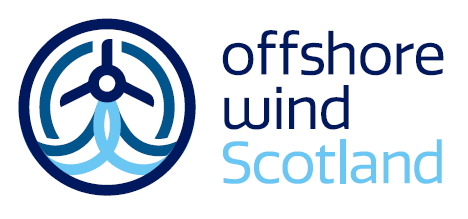Upskilling in new and emerging technology fields is essential for the offshore wind industry to remain competitive, innovative, and capable of addressing the sector’s evolving challenges. As the industry embraces advancements such as floating wind platforms, autonomous inspection systems, digital twins, and green hydrogen integration, a skilled workforce is required to implement, operate, and optimise these technologies effectively.
These innovations promise greater efficiency, reduced costs, and enhanced environmental performance - but only if workers are equipped with the knowledge to harness their potential. By investing in the development of cutting-edge skills, the offshore wind sector can accelerate its transition to next-generation solutions, support decarbonisation goals, and strengthen the resilience and adaptability of its workforce.
Key Training Courses
Floating Wind - prepares workers for upcoming floating wind projects, covering mooring, anchoring, and maintenance.
- DNV Energy Systems Floating wind training course
- RWE Floating Offshore Wind – Virtual classroom
Automation and Robotics - crucial for the offshore wind industry to enhance safety, reduce operational costs, and enable efficient remote inspection, maintenance, and monitoring of turbines in challenging marine environments.
- North East Scotland College Automation & Renewables
- City of Glasgow College HNC Mechatronics/Industrial Automation Engineering with Robotics
- Dundee and Angus College PDA in Industrial Automation
- Dundee and Angus College Introduction to Advanced Manufacturing, Automation & Robotics
Hydrogen - courses to support best practice and training within the sector, developing skills and expertise needed.
- Hydrogen Scotland Hydrogen Training


